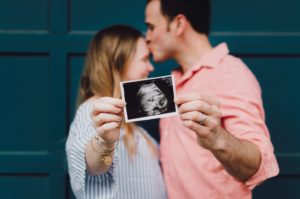
It has been assumed that the composition of microbiota of follicular fluid, semen, uterine and vagina before pregnancy contribute to a successful pregnancy (1):
References:


This website and the information it contains is not intended as a substitute for professional consultation with a qualified practitioner.
© MothersBabies Ltd. View our Terms of Use & Privacy Policy
Search MothersBabies
Looking for something in particular? Find it here using our search query function. Simply type in your keyword and click the icon.
Recent Articles






Join Us